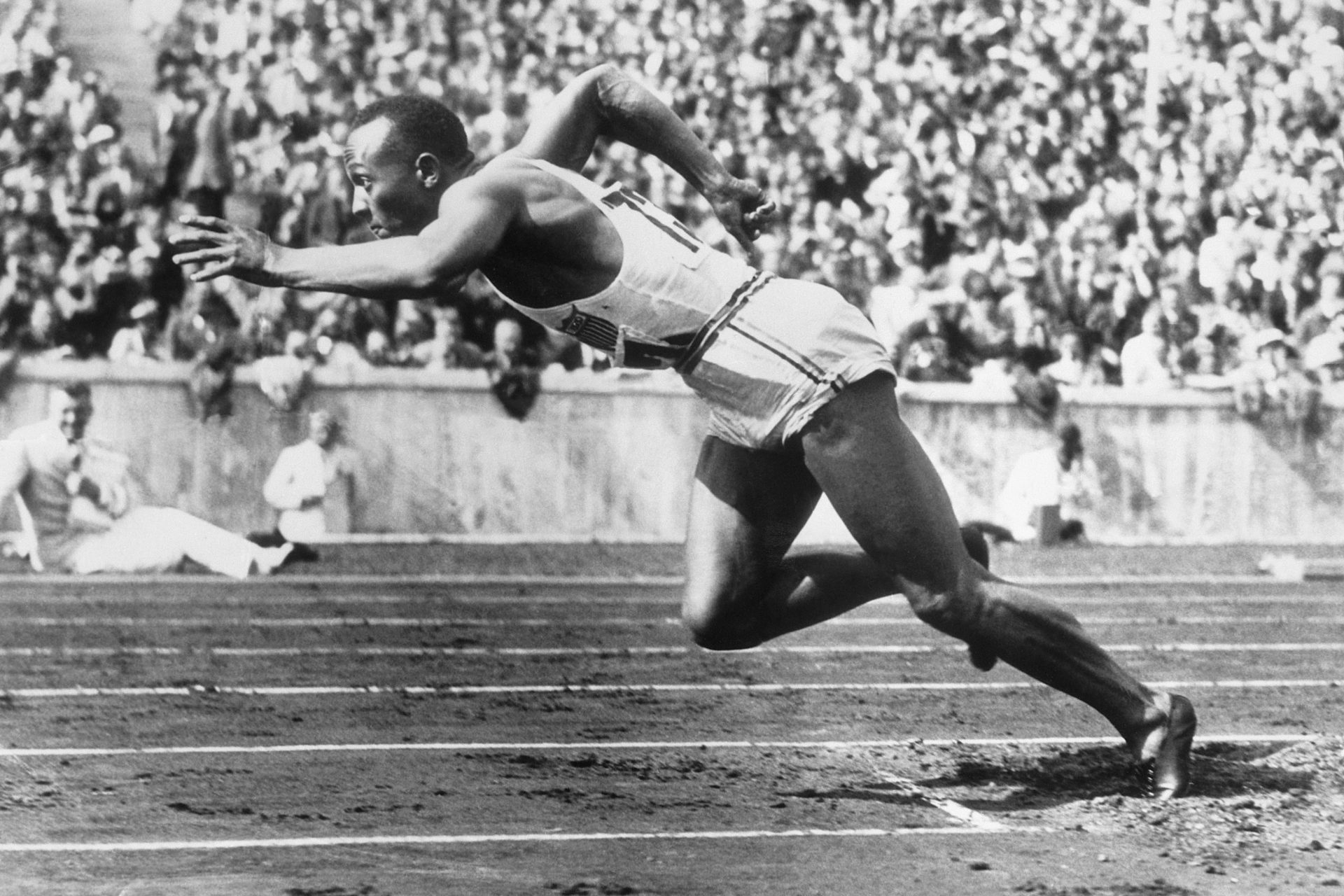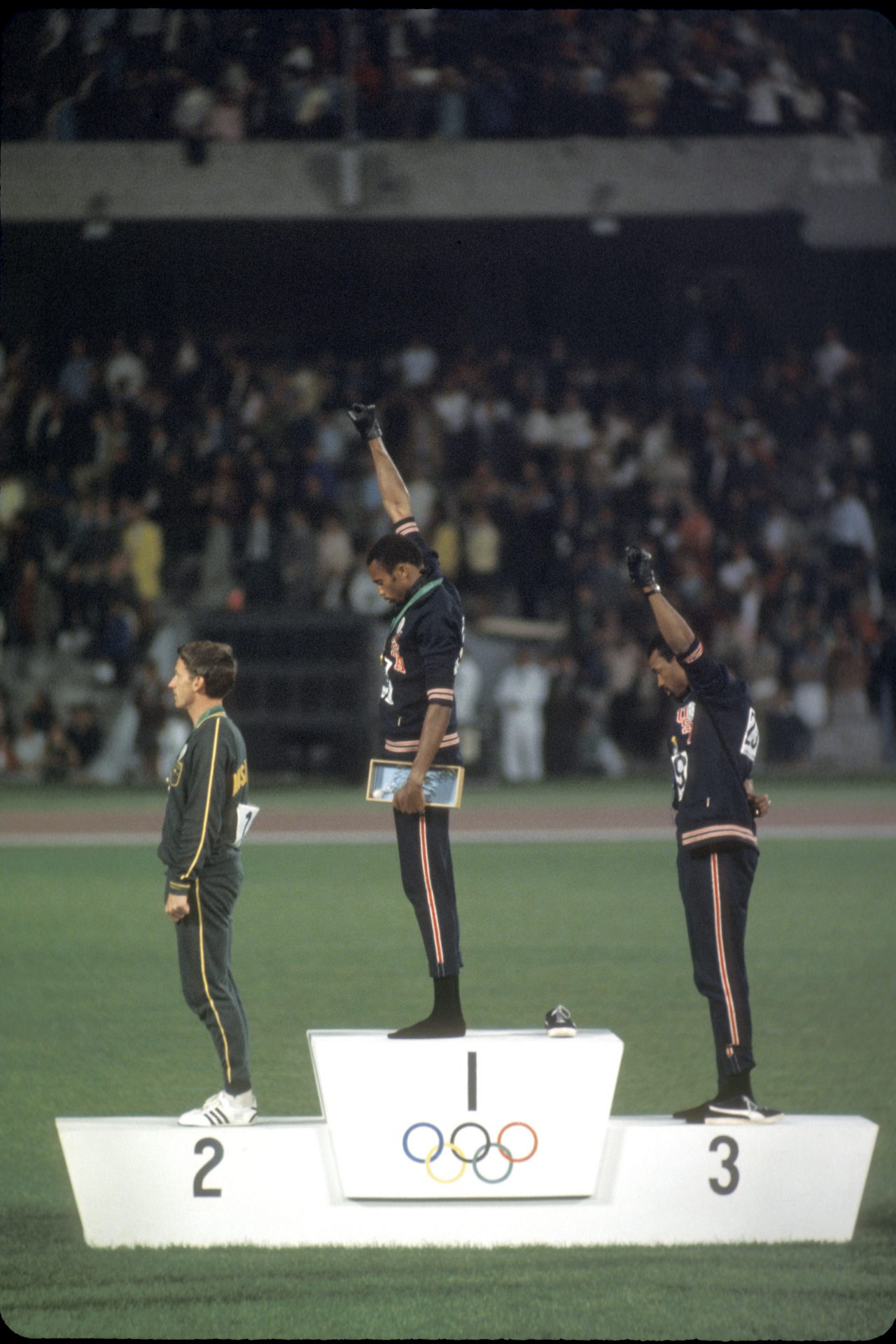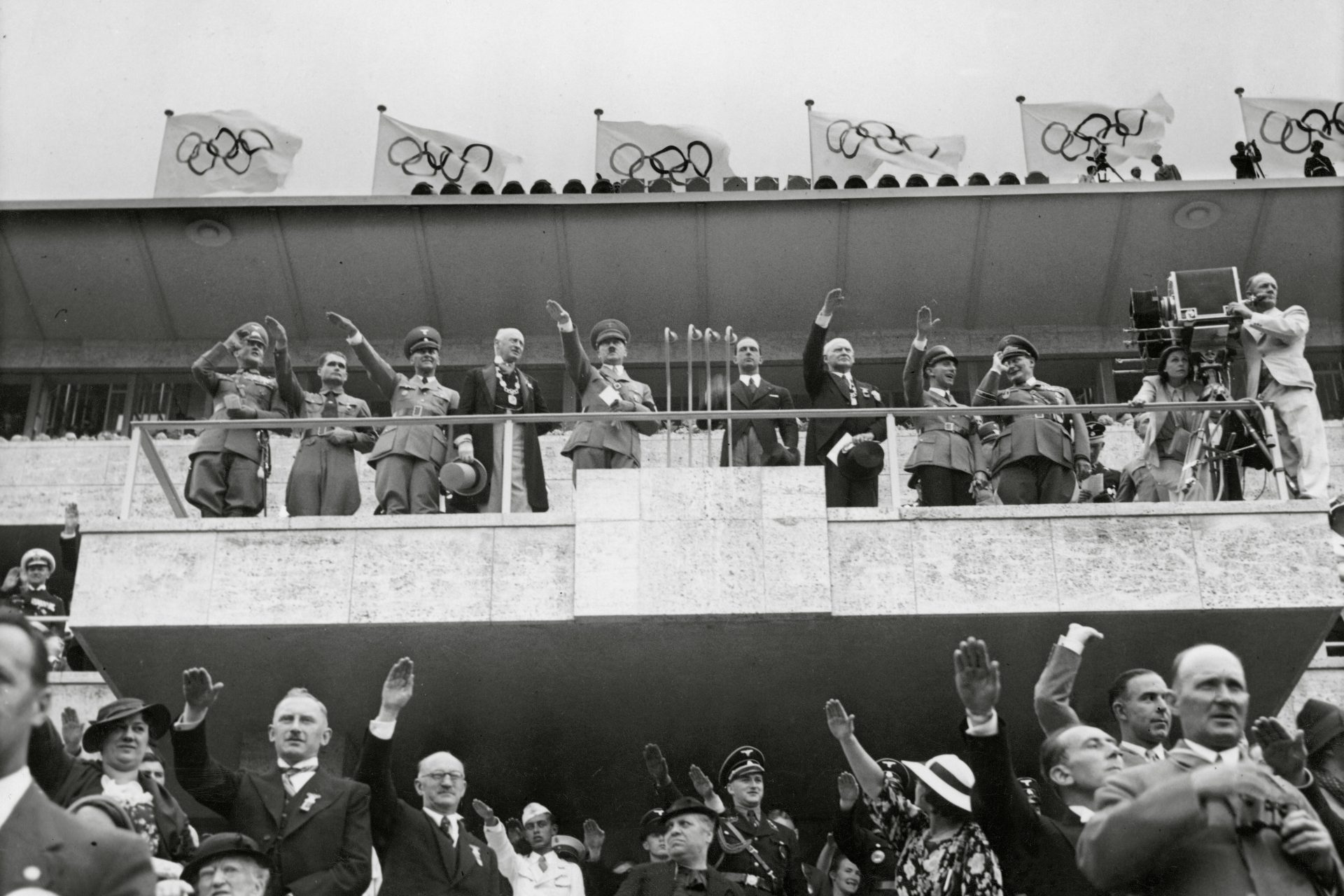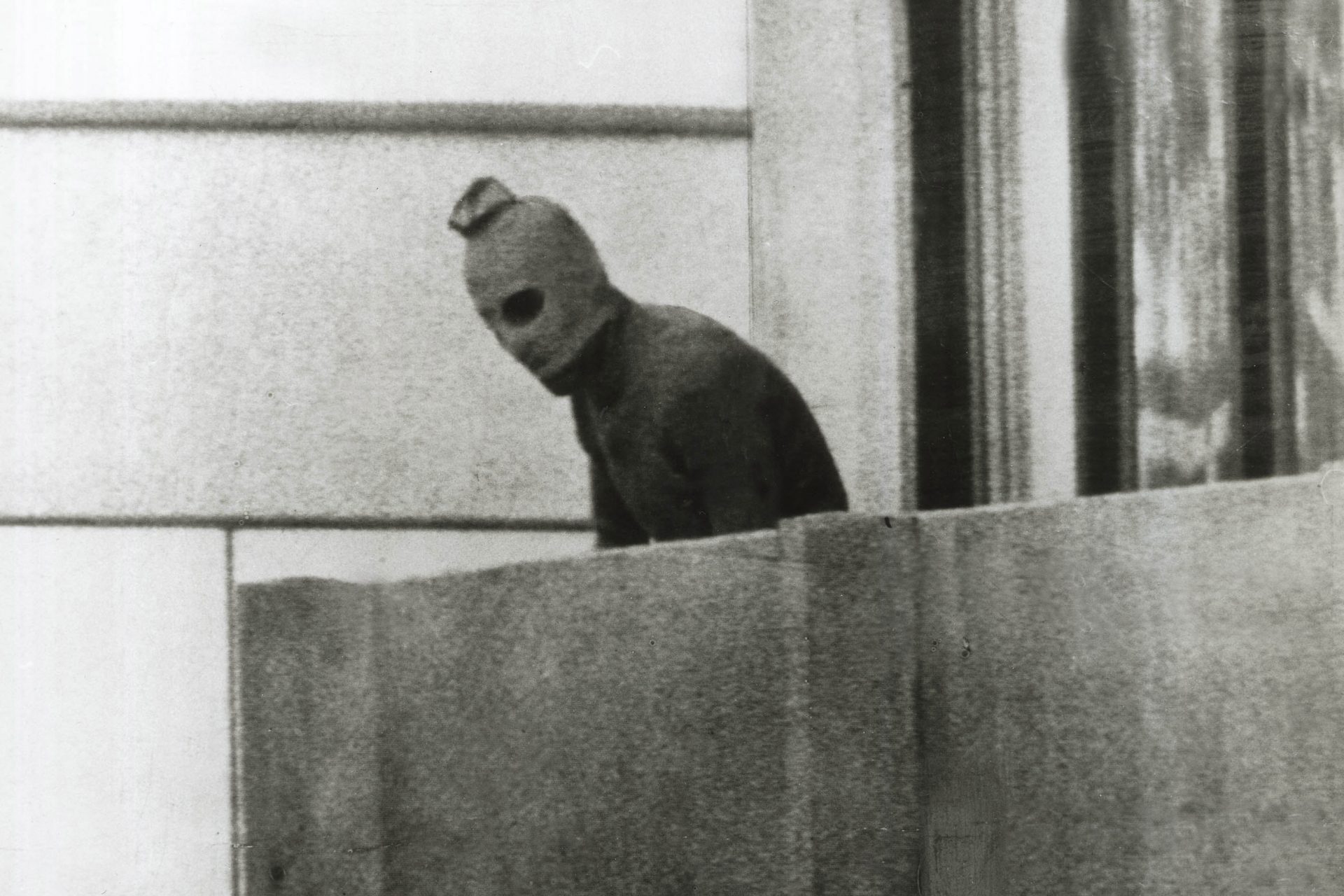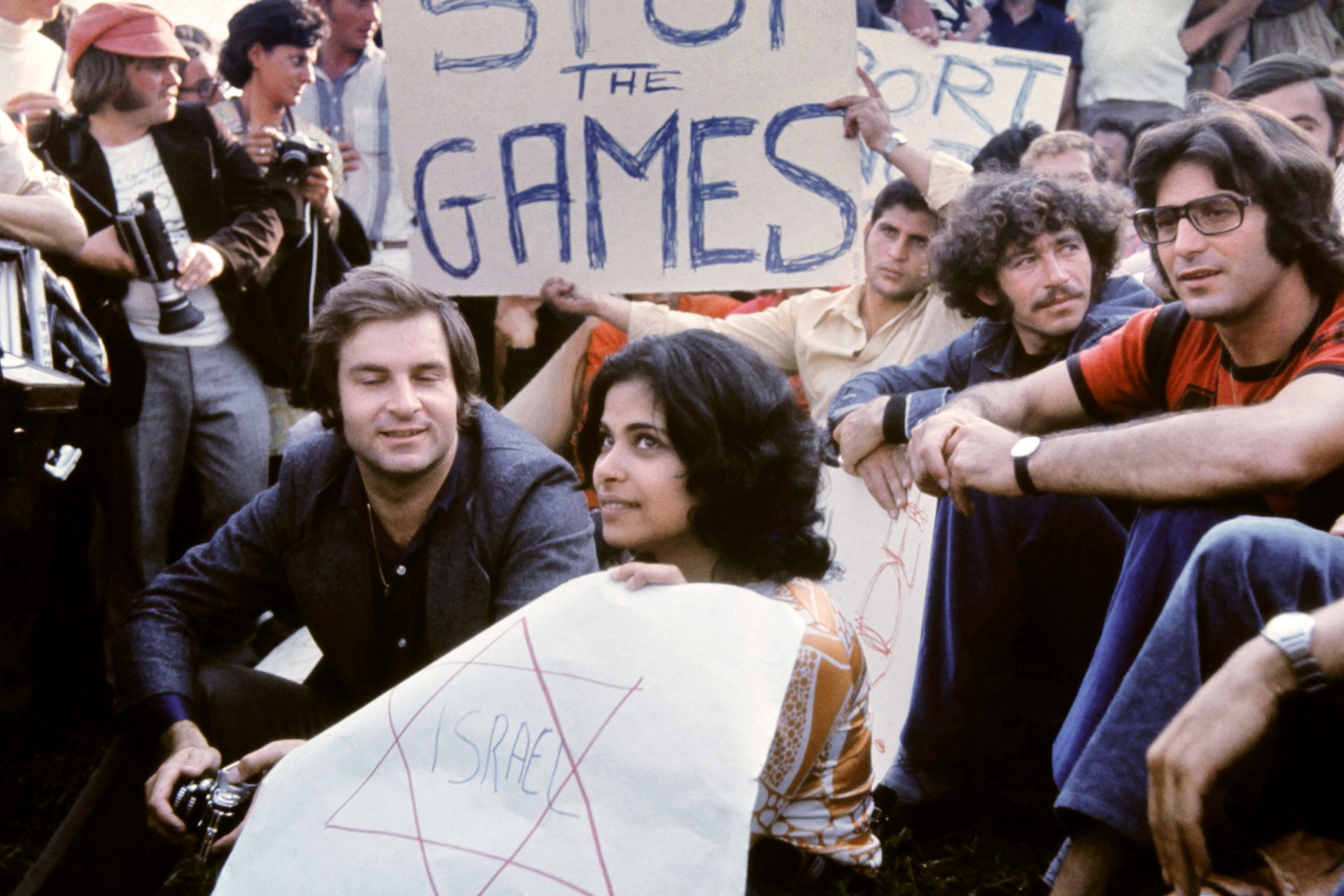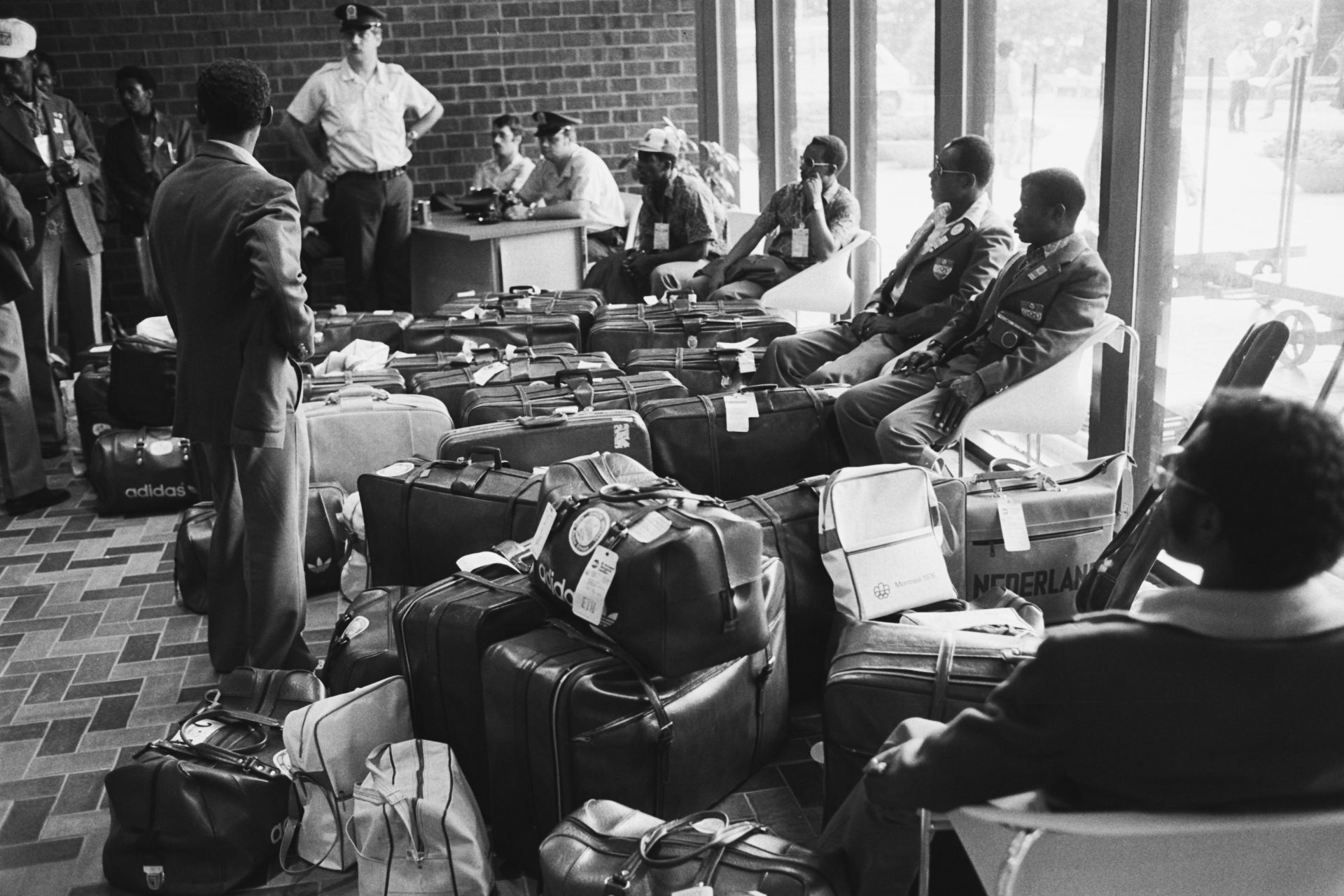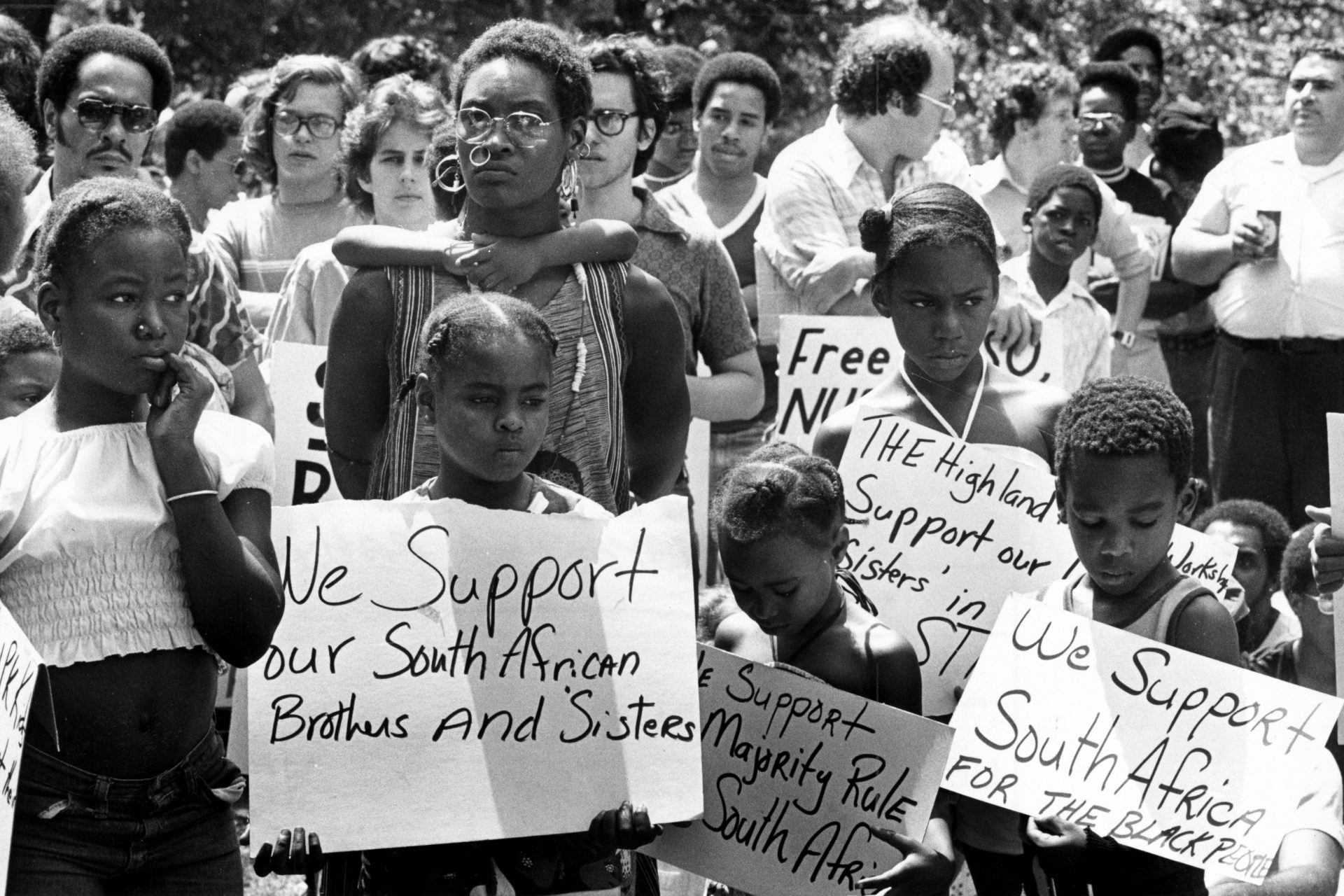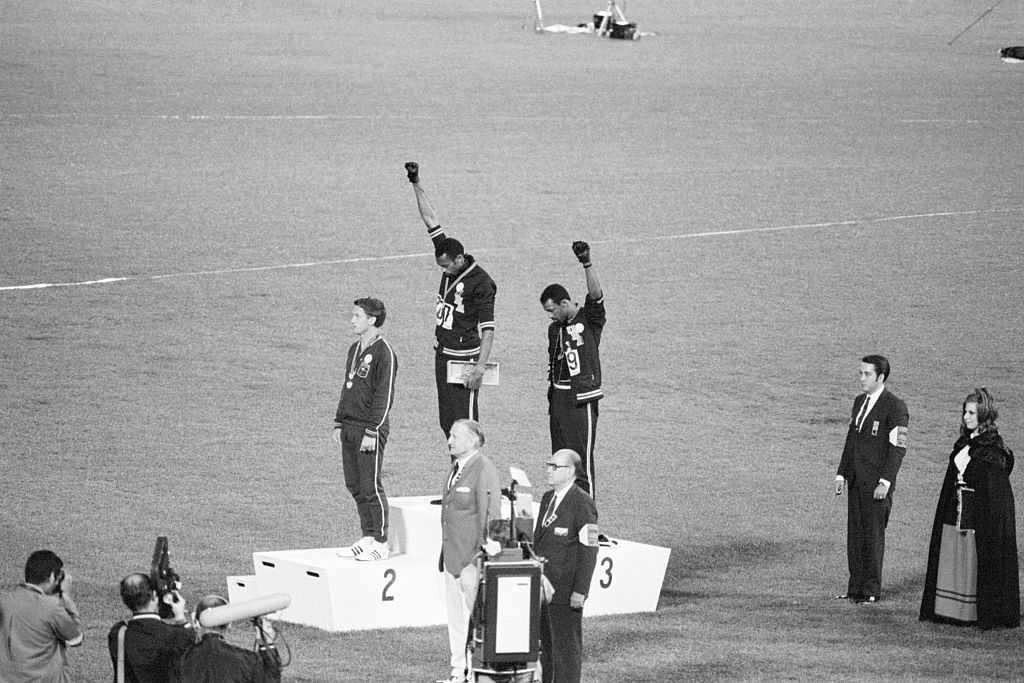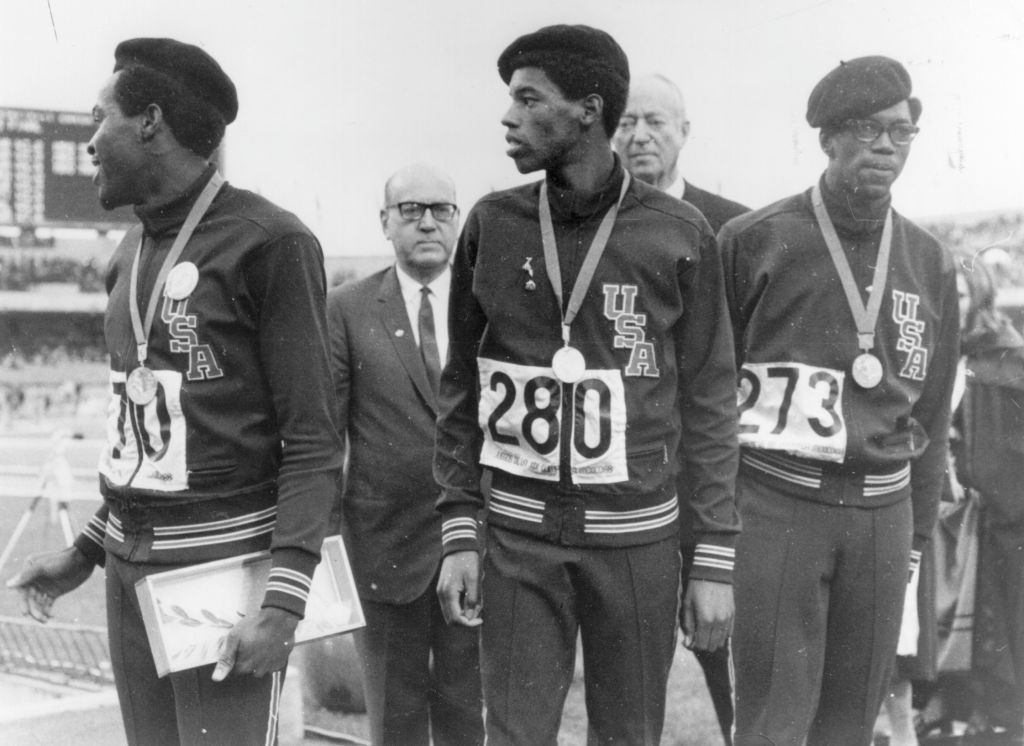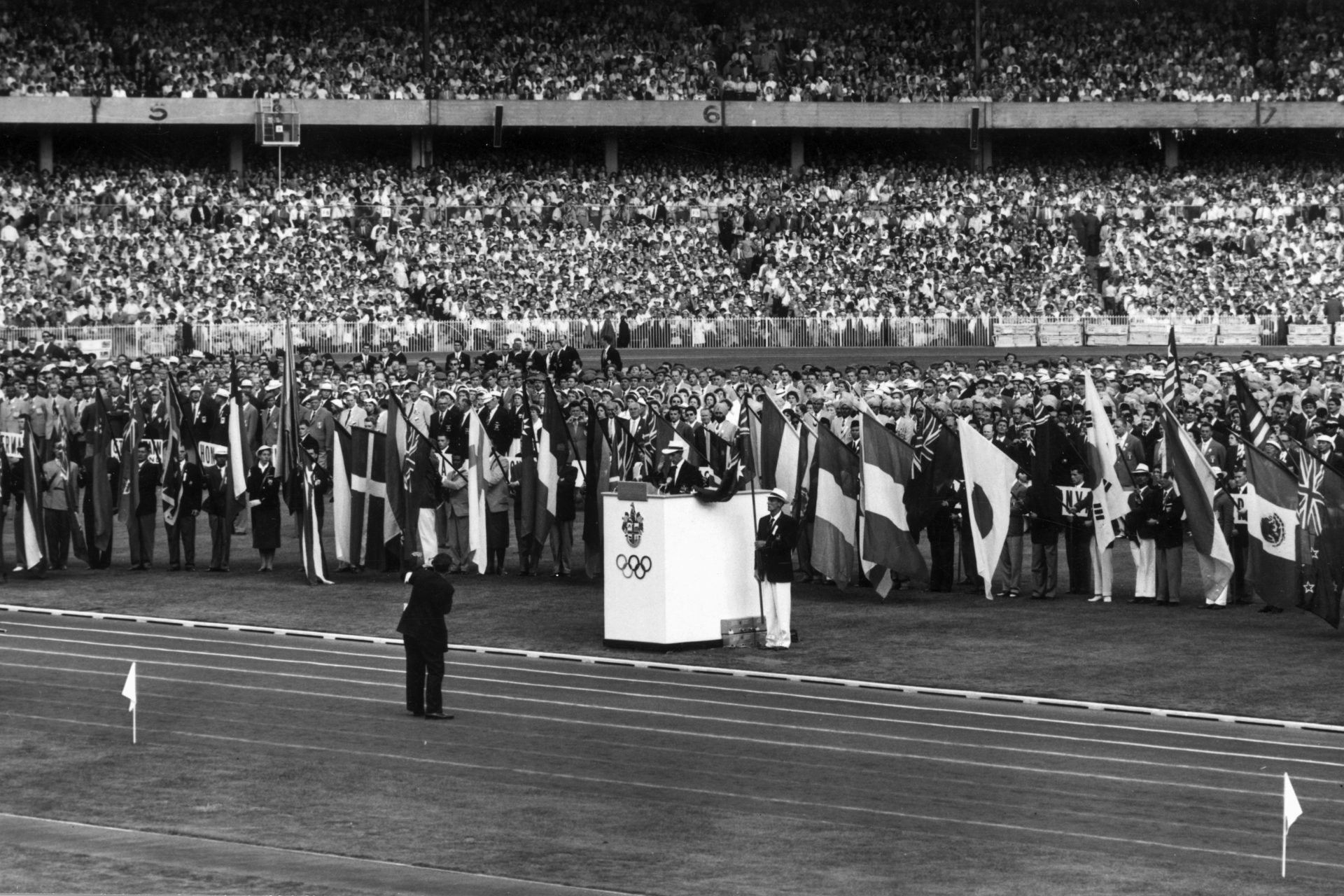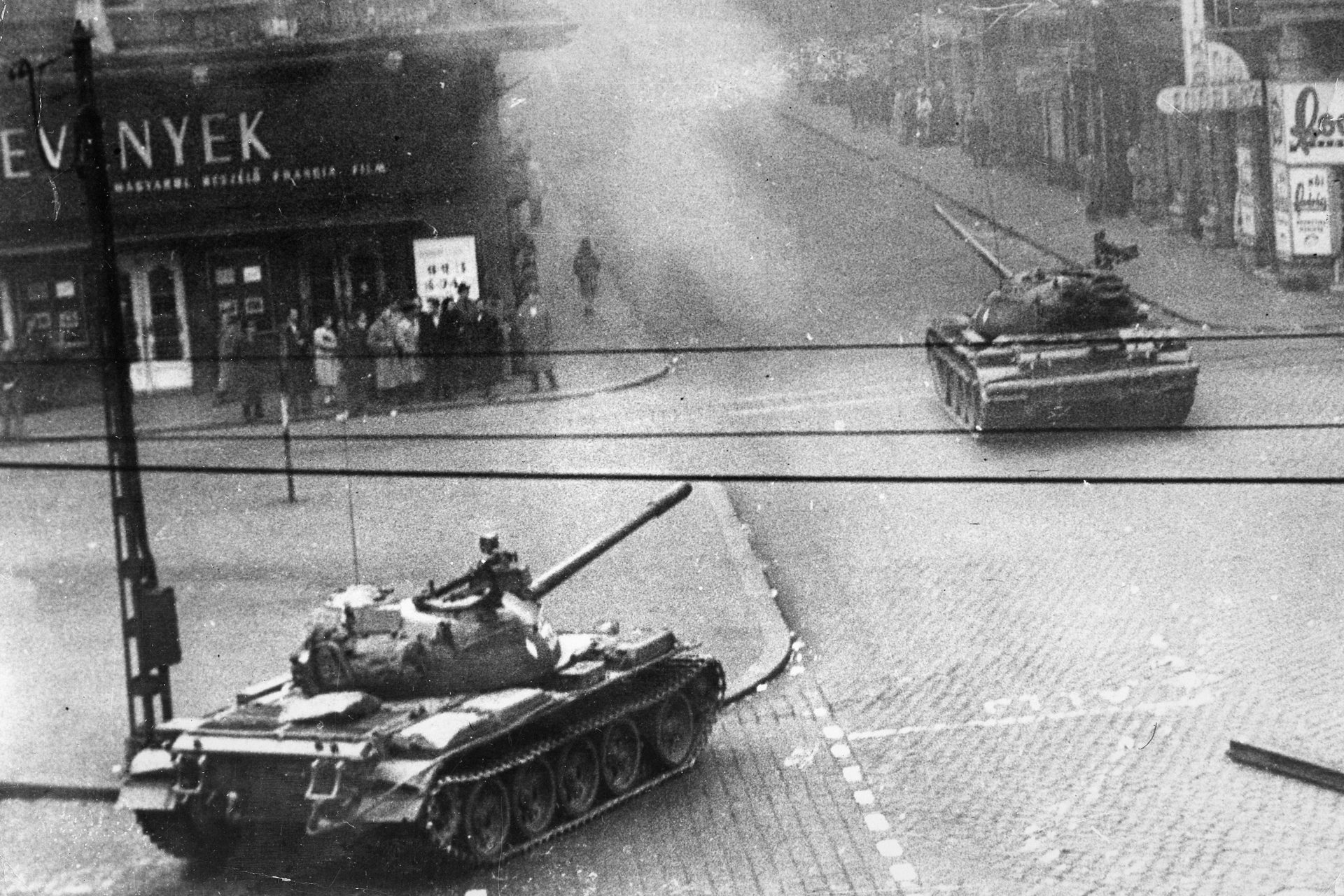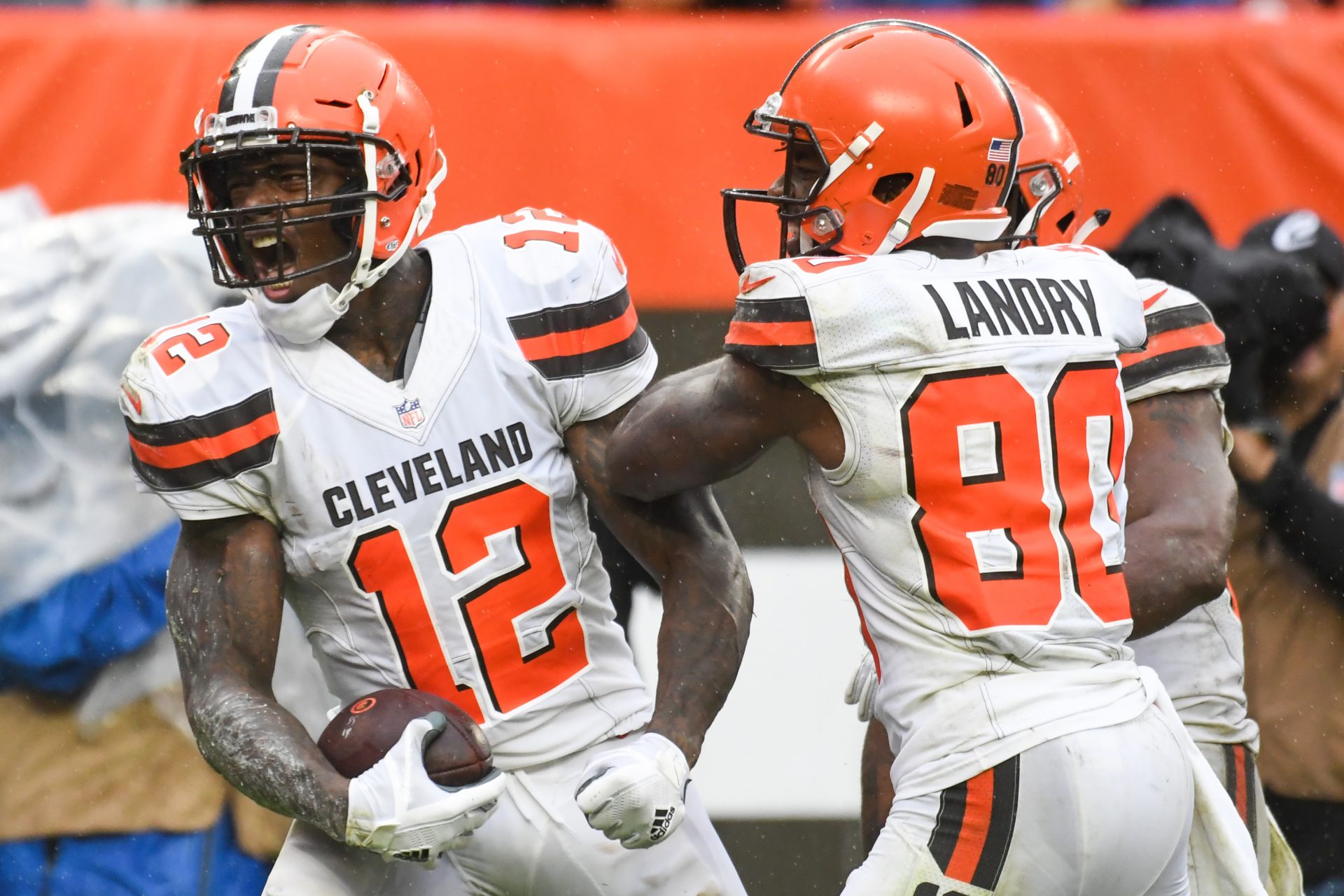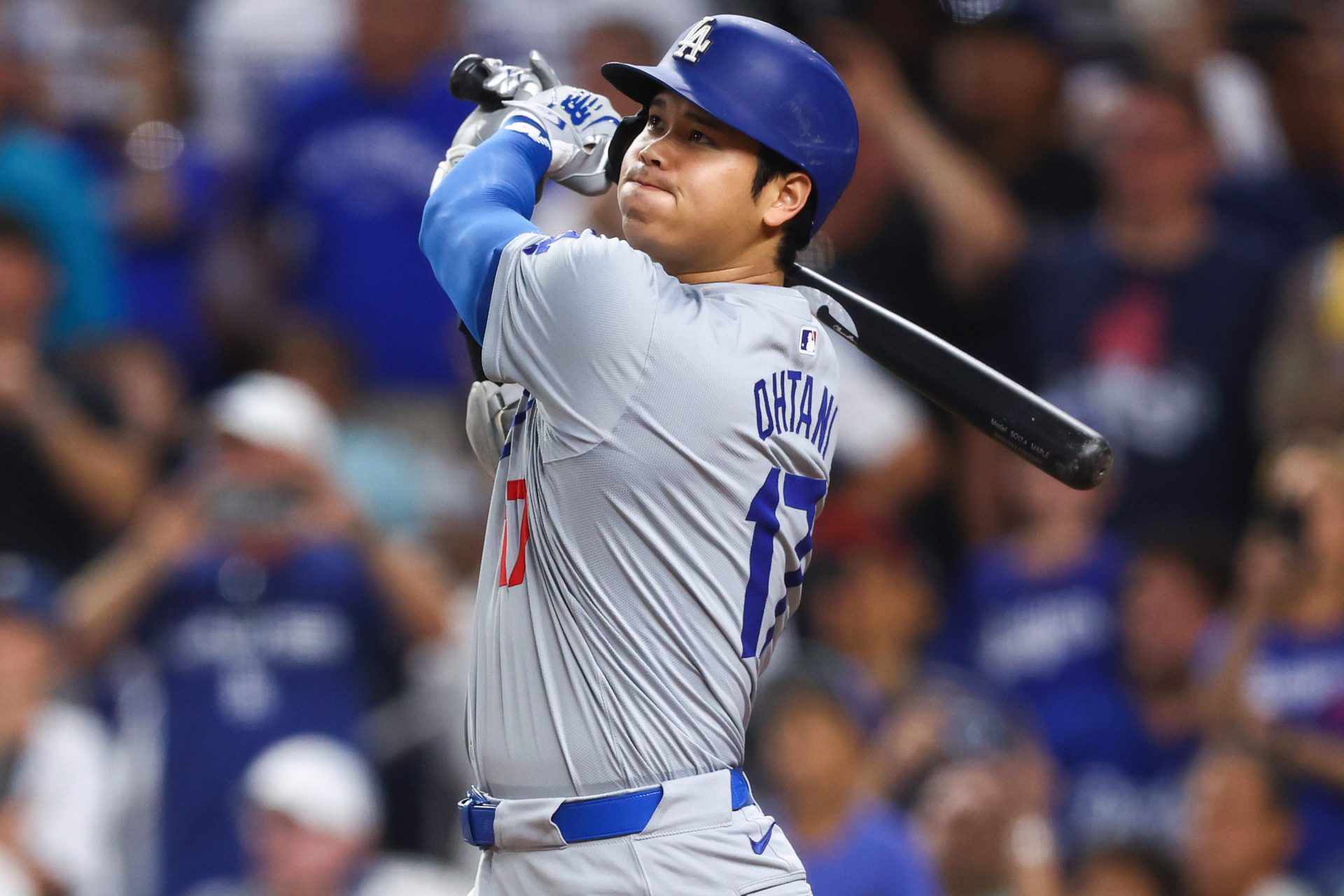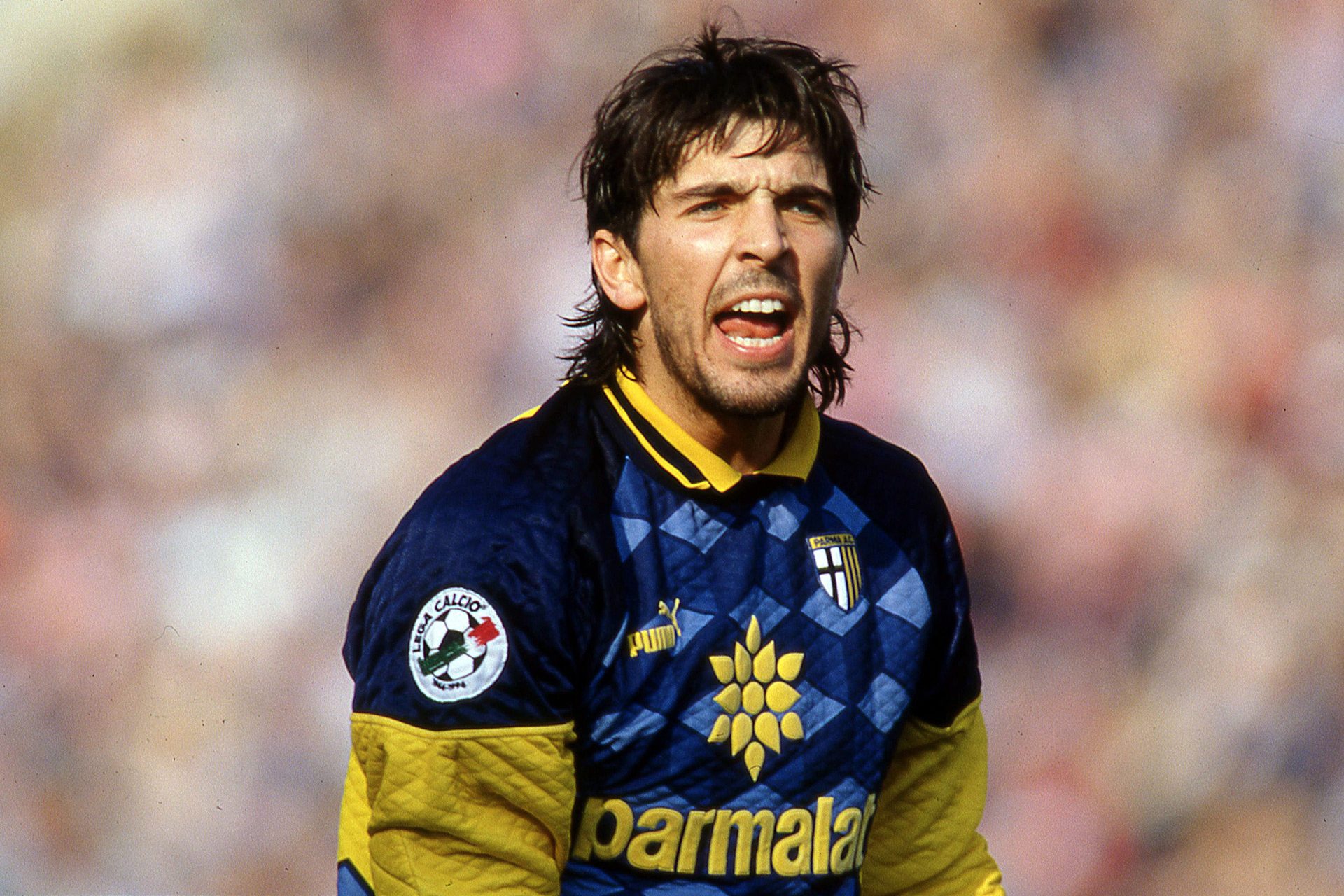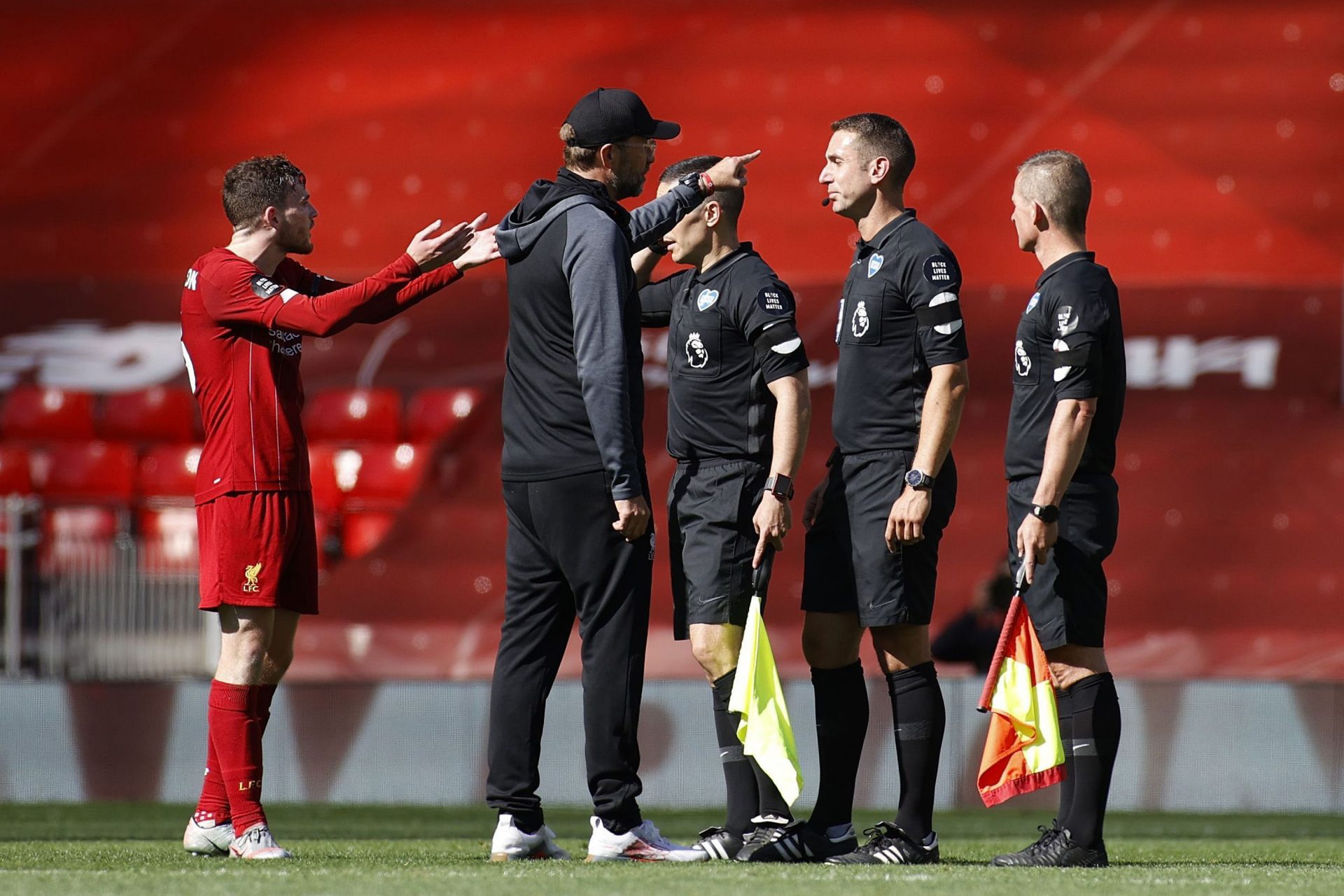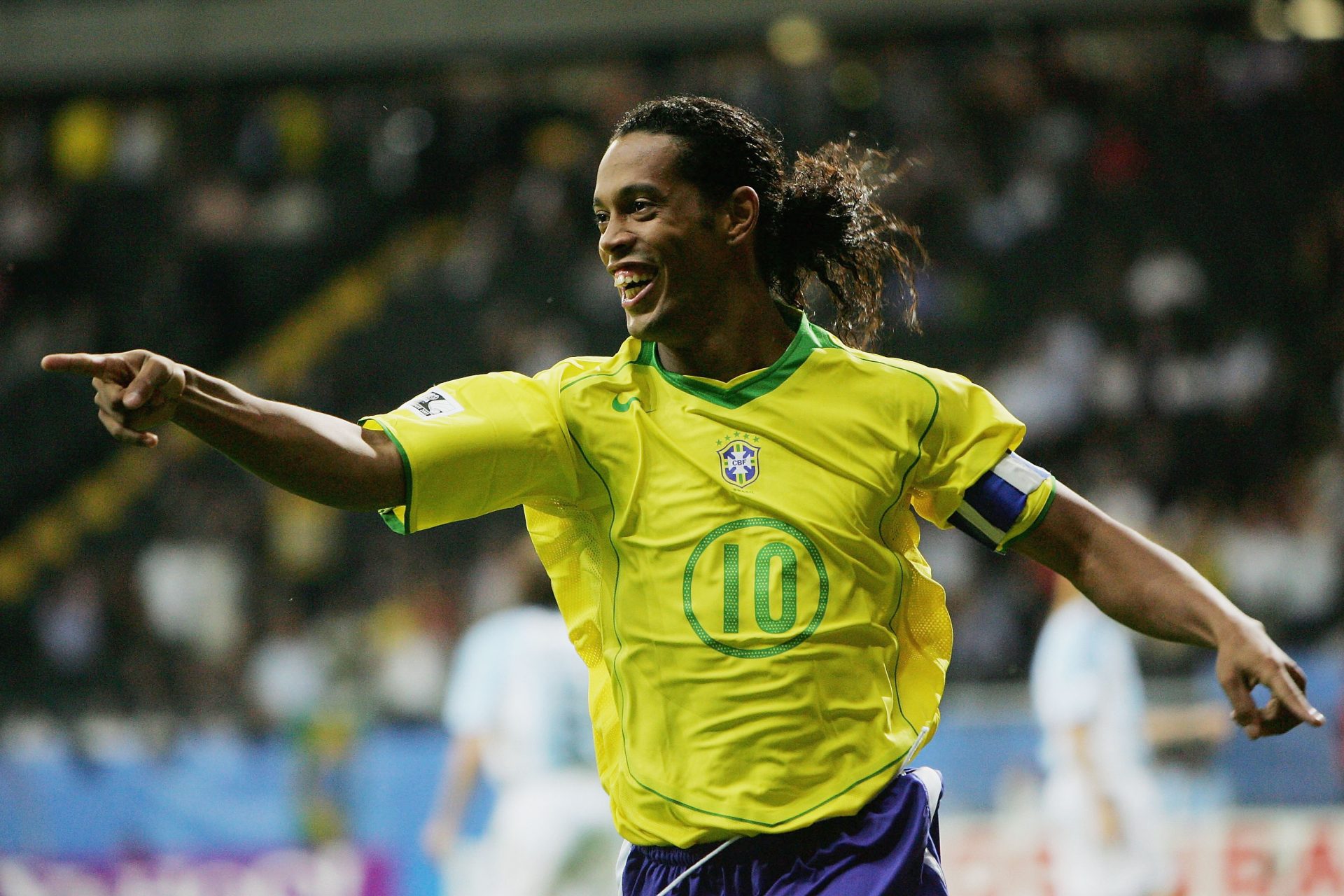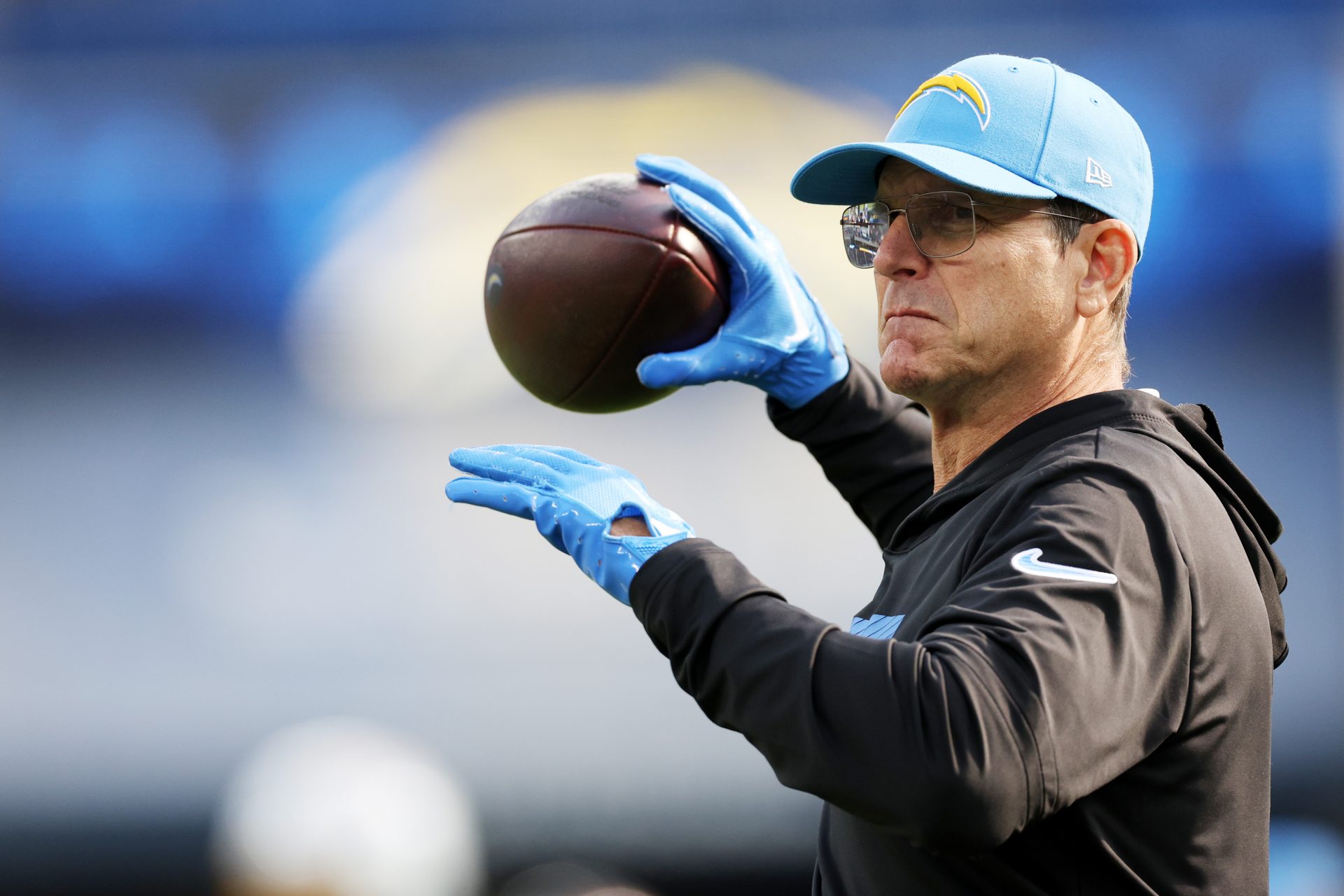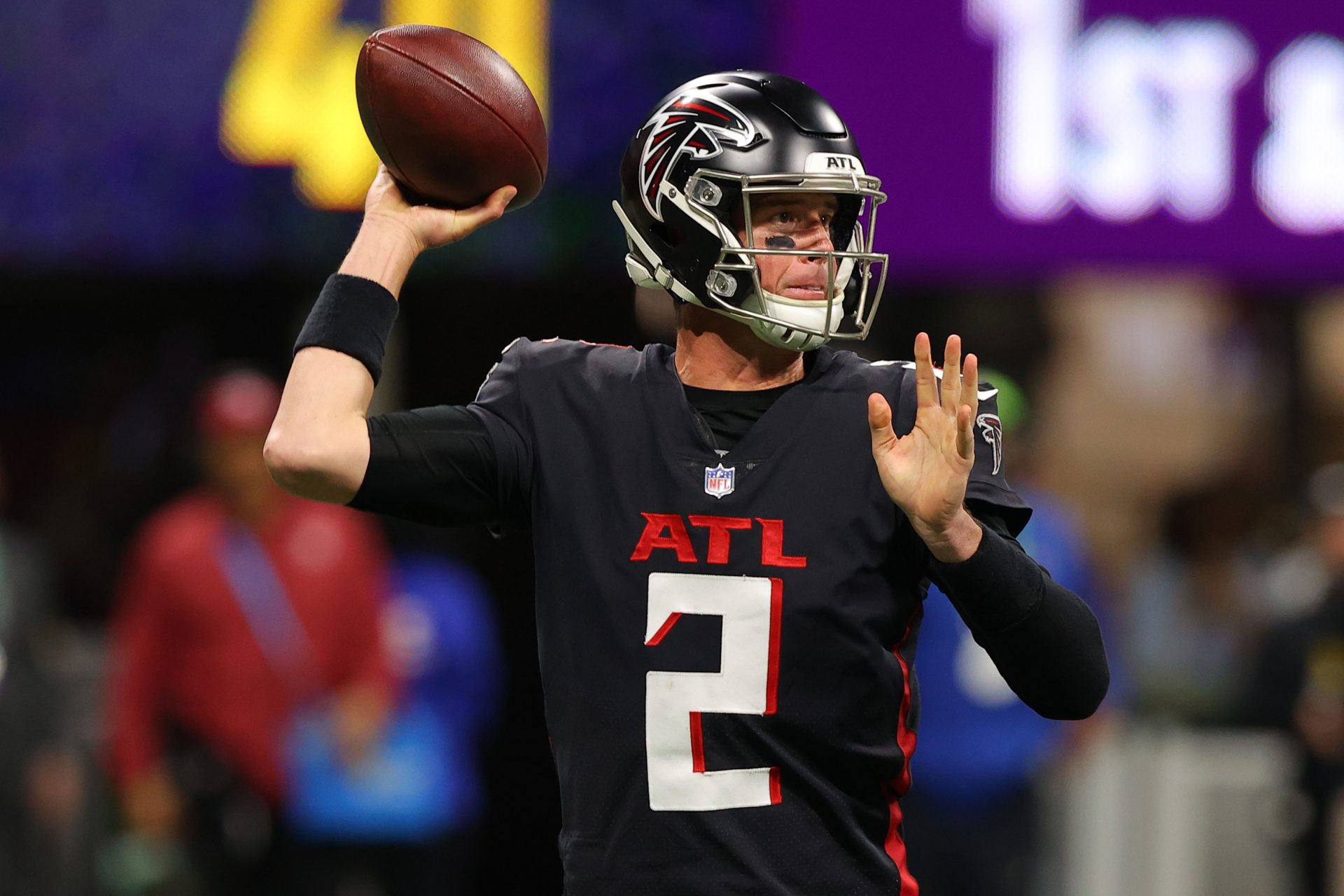The five most controversial political events in Olympic Games history
The Olympic Games occur every four years and are a time for countries to set aside their differences and unite in sporting unison.
The International Olympic Committee aims to promote sporting competition and education free of discrimination. However, some controversial political moments have filtered into the Games over the years. Here they are.
Germany was voted as the host nation of the 1936 Olympics in 1931. By 1933, the German Nazi Party had come into power, with many countries threatening to boycott the Games because of the Nazi's appalling racist policies and human rights violations.
Want to see more like this? Follow us here for daily sports news, profiles and analysis!
The Nazis attempted to use the Olympics as a tool to fabricate how progressive Germany had been and to prove the Aryan race was superior. The IOC ordered that Germany would allow Jews to compete at the Games, and African American Jesse Owens became the hero, winning four gold medals and showing the Aryan wasn't superior to anyone.
According to the Brittanica website, at the 1972 Olympics in Munich, Palestinian gunmen sneaked into the Olympic village and killed two members of the Israel team. They took nine others hostage and attempted to bargain to get 200 Palestinian prisoners released.
The gunmen were able to arrange transport to the airport with the hostages, but after a failed ambush by the German police, the gunmen killed the Israeli hostages. The police retaliated by killing five of the eight Palestinians.
Two dozen African countries boycotted the 1976 Olympics in Montreal because the IOC refused to ban New Zealand from taking part in the Games. New Zealand's rugby team had taken a tour to play South Africa, a country banned from the Olympics because of its Apartheid rules.
The boycott didn't stop New Zealand from competing at the Games, but its impact was far greater than that, having brought worldwide attention to the despicable treatment of black people in South Africa.
Want to see more like this? Follow us here for daily sports news, profiles and analysis!
According to the History website, US Sprinters Tommie Smith and John Carlos protested against their country's treatment of black citizens during the men's 200m award ceremony. The pair came first and third and took to the podium barefoot.
During the US national anthem, the two American sprinters raised their firsts to the air with black gloves on while bowing their heads. Second-placed Peter Norman from Australia joined the duo in wearing a human rights badge. They were banned by the IOC and the US Olympic Committee.
Two protests led to fewer than 67 countries participating in the 1956 Olympics in Melbourne. Egypt, Lebanon, and Iraq boycotted the Games because of the Suez Crisis, in which Israeli forces invaded the Sinai Peninsula in October 1956.
Meanwhile, the Soviet army invaded Hungary just weeks before the opening ceremony. To protest the invasion, Spain, Switzerland, and the Netherlands boycotted the Games. Shockingly, Hungary decided to participate.
Want to see more like this? Follow us here for daily sports news, profiles and analysis!
More for you
Top Stories



